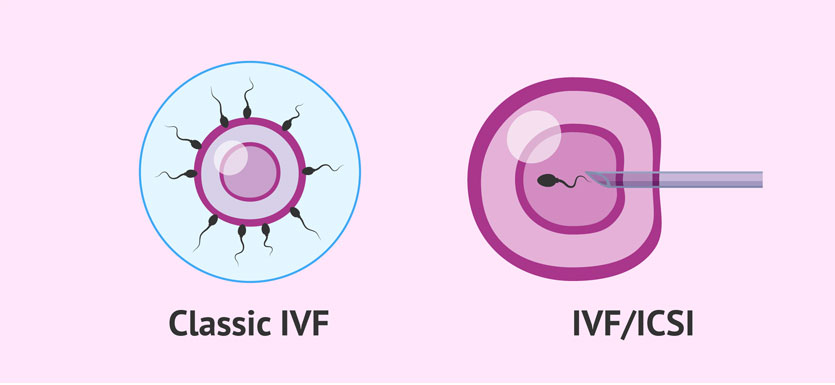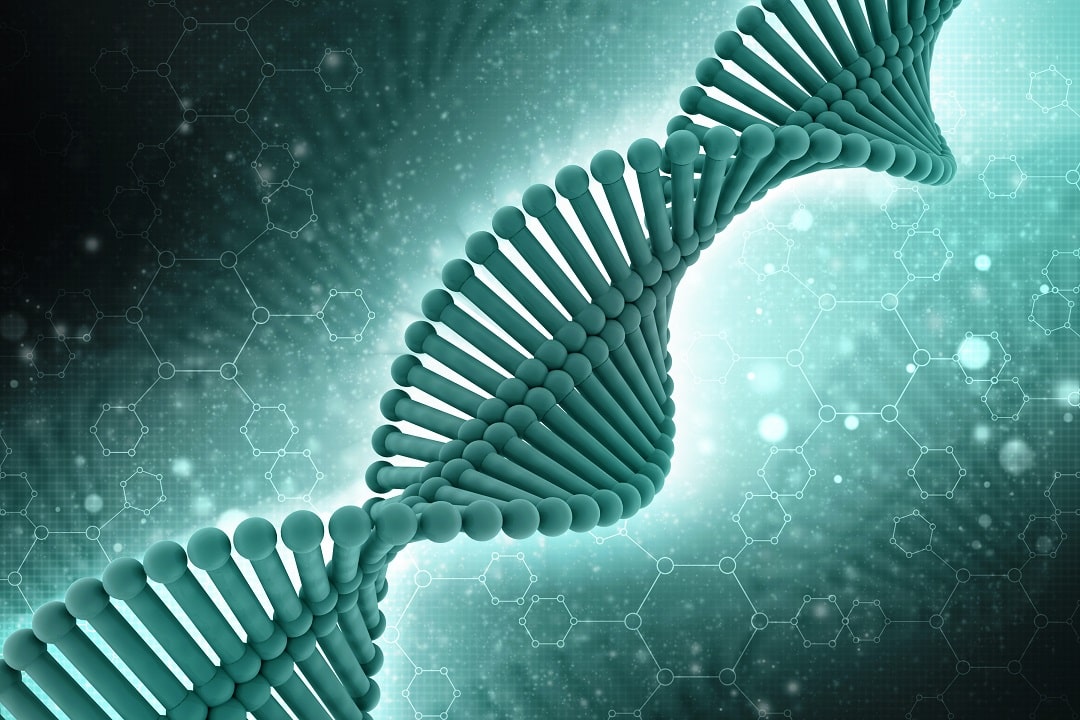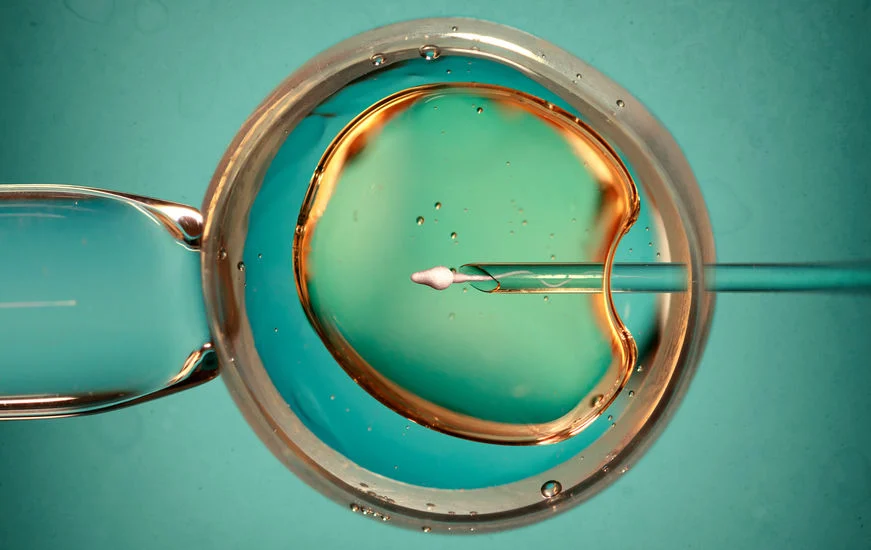What is ICSI?
Intracytoplasmic sperm injection (ICSI) is a conventional IVF method that uses a new way to fertilize the egg. In general, fertilization happens when a sperm attaches to an egg and penetrates its outer layer.In some medical conditions, the sperm may not be able to enter the egg. In such cases, ICSI might be used in conjunction with IVF to achieve pregnancy. A single sperm is selected and inserted directly into the egg during ICSI.
Conditions in which ICSI Fertility Treatment is Recommended
ICSI is a component of the IVF cycle and follows the same processes as IVF. ICSI is advised when fertilization is problematic or when male infertility is the root cause of infertility. ICSI is recommended only when the sperm cannot fertilize the egg on its own.
- If sperm motility is low
- The inability of the sperm to attach to an egg
- Blockade in the male reproductive system requiring surgical retrieval of sperms
- Failure of the previous traditional IVF procedure
- Unexplained infertility
The choice to use ICSI is tough, yet it significantly improves the odds of fertilization. If you have unexplained infertility or failed fertilization in prior IVF attempts, the ICSI treatment may be successful.
What is ICSI Technique/Procedure?
The ICSI procedure, performed in a lab during IVF, involves:
1-Sperm Retrieval:
- Sperm is collected from the male partner, using normal ejaculation or needle aspiration/microsurgical retrieval in cases of low sperm count.
2-Egg Collection:
- Women receive fertility medicine for egg maturation. Eggs are then extracted through vaginal ultrasonography under anesthesia.
3-ICSI Process:
- Matured sperm is extracted and selected using a specialized pipette and a fine needle.
- The selected sperm is injected into the egg’s cytoplasm using the needle.
- The needle is gently withdrawn post-sperm administration.
- Fertilization is checked the next day.
After successful fertilization, the embryo is transferred to the uterus in 2-5 days. A pregnancy test is done after two weeks, confirmed by blood tests and ultrasounds by your fertility specialist.”
How much time does it take?
Normally, one cycle of ICSI takes four to six weeks to complete.
What are the risks associated with ICSI procedure?
Some chromosomal abnormalities are connected with ICSI, however they may be observed in fewer than 1% of offspring. There seems to be no difference in embryo quality produced with ICSI vs traditional IVF.
What is the success rate of ICSI?
ICSI achieves a 70-80% fertilization rate, comparable to standard IVF, with a 25% average success rate for couples. It’s a safe procedure, doubling conception chances in severe male infertility cases.
For more information, consult Dr. Manjushri kothekar one of the Best Intracytoplasmic Sperm Injection In Mumbai or you can contact us on 9769387593.




